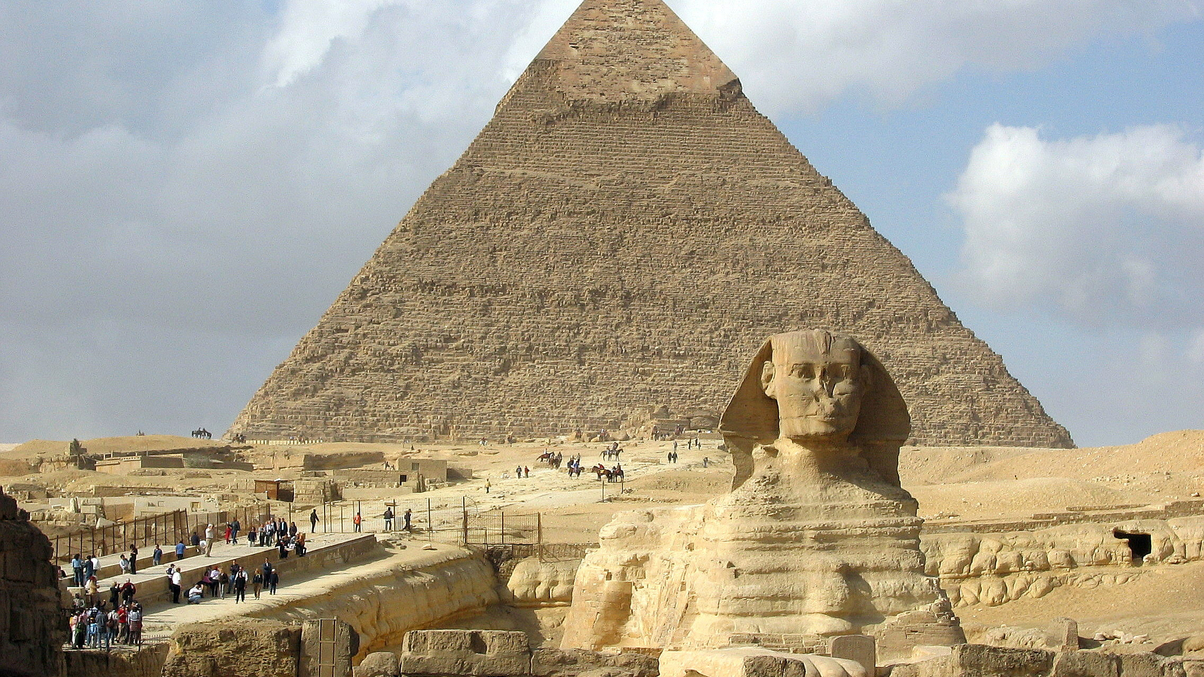“Too much money” in private equity?
PE executives discussed issues facing the industry globally and in the Middle East at a conference in Qatar last week.

The private equity industry is undergoing big changes, with general partners potentially heading for a shakeout and limited partners increasingly seeking niche strategies, said PE specialists at a conference last week in Doha.
Sign in to read on!
Registered users get 2 free articles in 30 days.
Subscribers have full unlimited access to AsianInvestor
Not signed up? New users get 2 free articles per month, plus a 7-day unlimited free trial.
¬ Haymarket Media Limited. All rights reserved.


